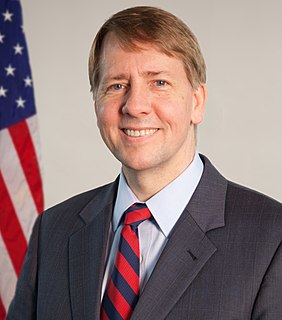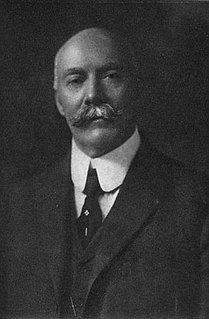A Quote by Adyashanti
We must become expressions of, not consumers of, realization.
Quote Topics
Related Quotes
In reading we must become creators. Once the child has learned to read alone, and can pick up a book without illustrations, he must become a creator, imagining the setting of the story, visualizing the characters, seeing facial expressions, hearing the inflection of voices. The author and the reader "know" each other; they meet on the bridge of words.
Consumers will purchase high quality products even if they are expensive, or in other words, even if there are slightly reasonable discount offers, consumers will not purchase products unless they truly understand and are satisfied with the quality. Also, product appeal must be properly communicated to consumers, but advertisements that are pushed on consumers are gradually losing their effect, and we have to take the approach that encourages consumers to retrieve information at their own will.
If old consumers were assumed to be passive, then new consumers are active. If old consumers were predictable and stayed where you told them, then new consumers are migratory, showing a declining loyalty to networks or media. If old consumers were isolated individuals, then new consumers are more socially connected. If the work of media consumers was once silent and invisible, then new consumers are now noisy and public.
To think that practice and realization are not one is a heretical view. In the Buddha Dharma, practice and realization are identical. Because one's present practice is practice in realization, one's initial negotiating of the Way in itself is the whole of original realization. Thus, even while directed to practice, one is told not to anticipate a realization apart from practice, because practice points directly to original realization.
Euphonic and harmonious expressions, forcible and just expressions, profound and comprehensive expressions, and especially apt and witty expressions, each have their specific influence upon different minds, and their common influence upon all minds.... It is therefore high time our most valuable aphorisms and paragraphs were put in order for frequent perusal, and for handy reference, as the circumstances of life call up subjects.
We must have a new mythology, but it must place itself at the service of ideas, it must become a mythology of reason. Mythology must become philosophical, so that the people may become rational, and philosophy must become mythological, so that philosophers may become sensible. If we do not give ideas a form that is aesthetic, i.e., mythological, they will hold no interest for people.
Each thing that exists remains forever, and that very existence of existence is proof of its eternity. But without that realization, which is the knowledge of perfect being, man would never know whether there was existence or non-existence. If eternal existence is altered, then it must become more beautiful; and if it disappears, it must return with more sublime image; and if it sleeps, it must dream of a better awakening, for it is ever greater upon its rebirth.
It is a psychological law that whatever we desire to accomplish we must impress upon the subjective or subconscious mind; that is, we must register a vow with ourselves, we must make our resolution with vigor, with faith that we can do the thing we want to do; we must register our conviction with such intensity that the great creative forces within us will tend to realize them. Our impressions will become expressions just in proportion to the vigor with which we register our vows to accomplish our ambitions, to make our visions realities.






































